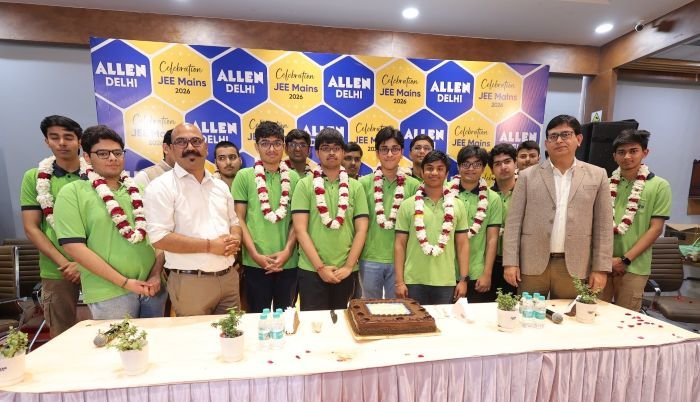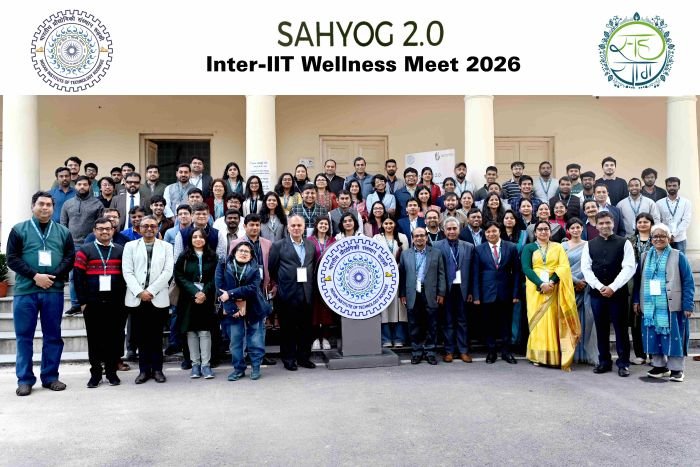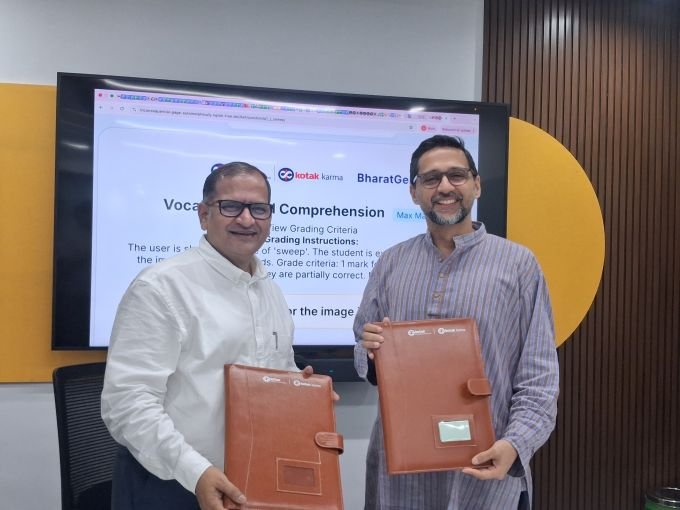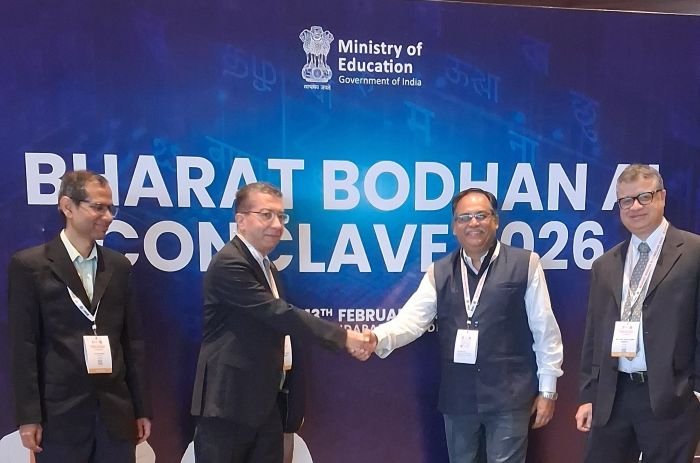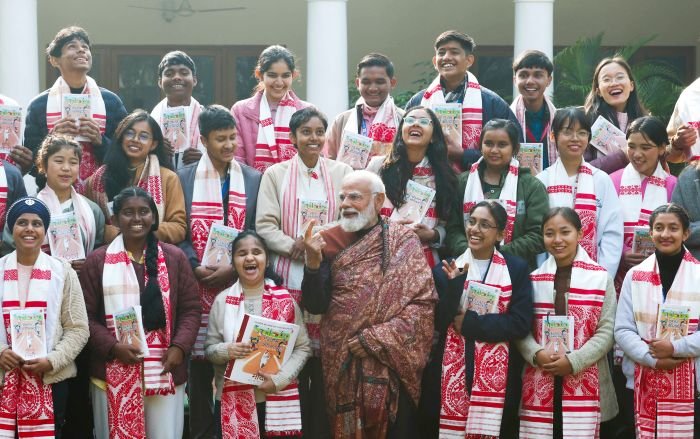
After launching E-Kumbh portal for discussion on engineering books vernacular languages last month (November), the All India Council for Technical Education (AICTE) in order to handhold affiliated technical education colleges to implement NEP 2020 in true spirit has issued first year engineering books in regional languages to states for college libraries. This was stated by Prof. Rajive Kumar, Member Secretary, AICTE at the EduTech 100 Summit organized by ASSOCHAM in New Delhi on December 14 to deliberate on the current key higher education matters.
Prof Kumar said that the whole idea is to remove fears from minds of students by providing them an opportunity to learn in own language without the fear of losing out. “We’re not opposing English or imposing any other language but just facilitating education and students are free to choose and learn in whatever they feel comfortable with,” he added while stating that all institutions were in various stages of NEP 2020 implementation.
AICTE member secretary advised HEIs to create culture and facilities for internationalization of education pointing to winds of change that will place India as an education destination. He was also emphatic on academic leadership as a dynamic and well-versed leadership can take call on credit counts and valuation as we move to integrate vocational education with mainstream under the proposed National Credit framework (NcrF).
The conference was also addressed by Dr. (Smt.) Tamilisai Soundararajan, Governor of Telangana and Lt. Governor of Puducherry. While praising Prime Minister Modi for bringing NEWP 2020, she said that under NEP education which had become stressful and compartmental will become a source of happiness for all children as they will begin to enjoy studies. “Mental health of students is another important area where we need to work hard, we must support the children. The NEP has provisions that fills the gap as it aligns with the mind-set of the children, teachers and brings in much needed changes to make learning an enjoyable experience for the students along with enabling equal access to education,” she added.
Yuvraj Malik, Director National Book Trust India, Ministry of Education, who also addressed the plenary said: “This is a real education policy in 200 years. The policy is Indian in its ethos, international in its outlook, interactive in its approach, inclusive in character and will be very impactful in its outcome if implemented judiciously. We have the world’s largest education ecosystem and it is open to innovation and technology infusion. The world is looking for skilled human resources not labour and we must bridge the gap between industry and academia.”
Dr. Madhu Chitkara, Pro Chancellor, Chitkara University & Co-Chairperson, Assocham National Council on Education, delivering the welcome address said, “When the New Education Policy was in the making, Assocham conducted several panel discussion, brainstorming sessions and round-table discussions to contribute to the policy. Inclusion of AI and Technical education in regional language is one of the suggestions that has been included in the policy. Education is evolving, we must learn from each other and collaborate with each other.”


